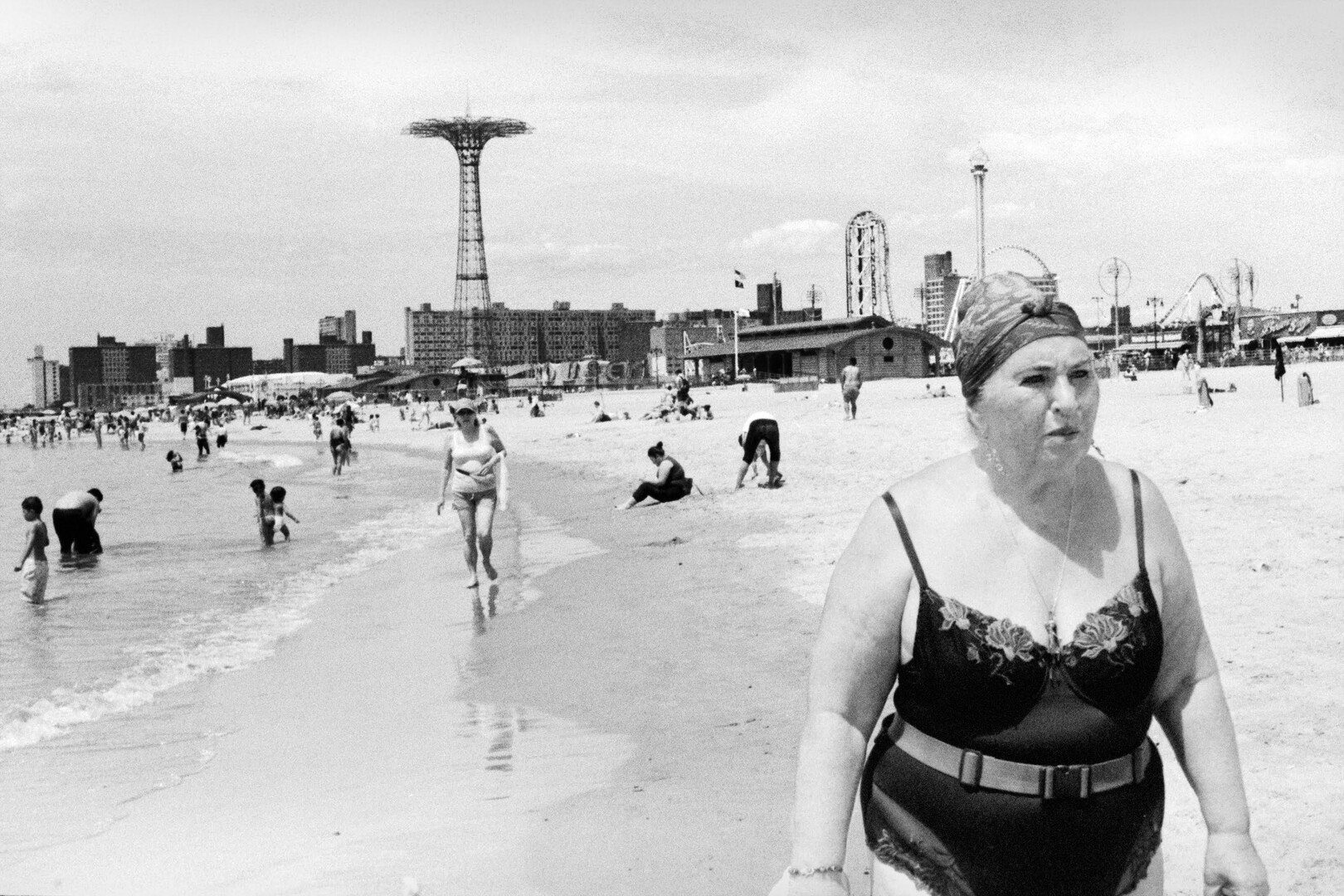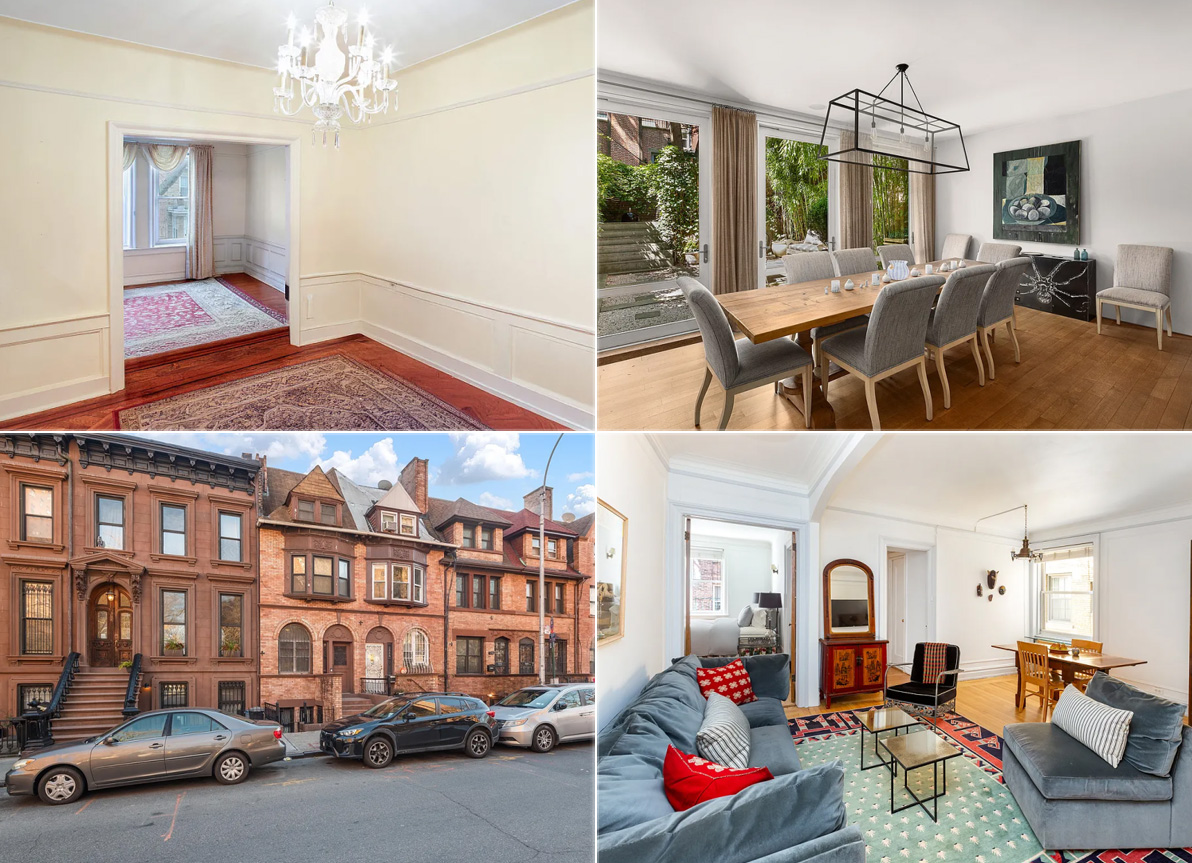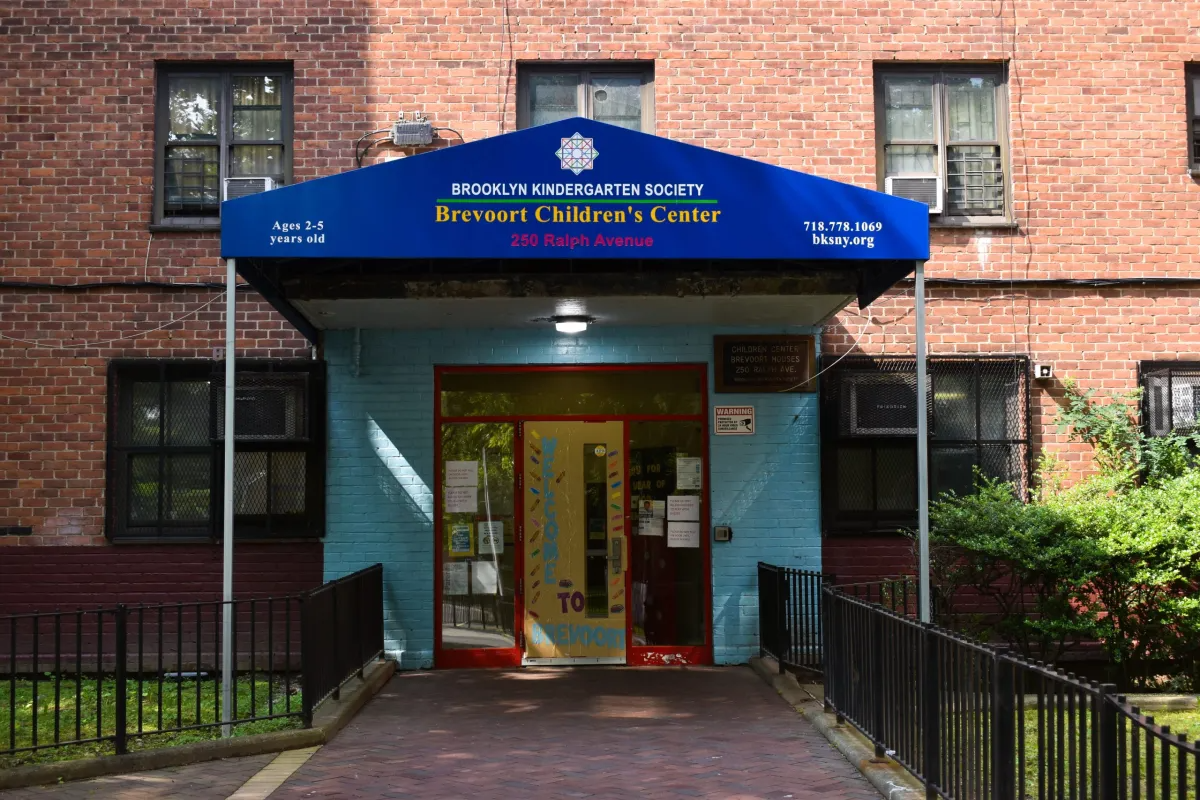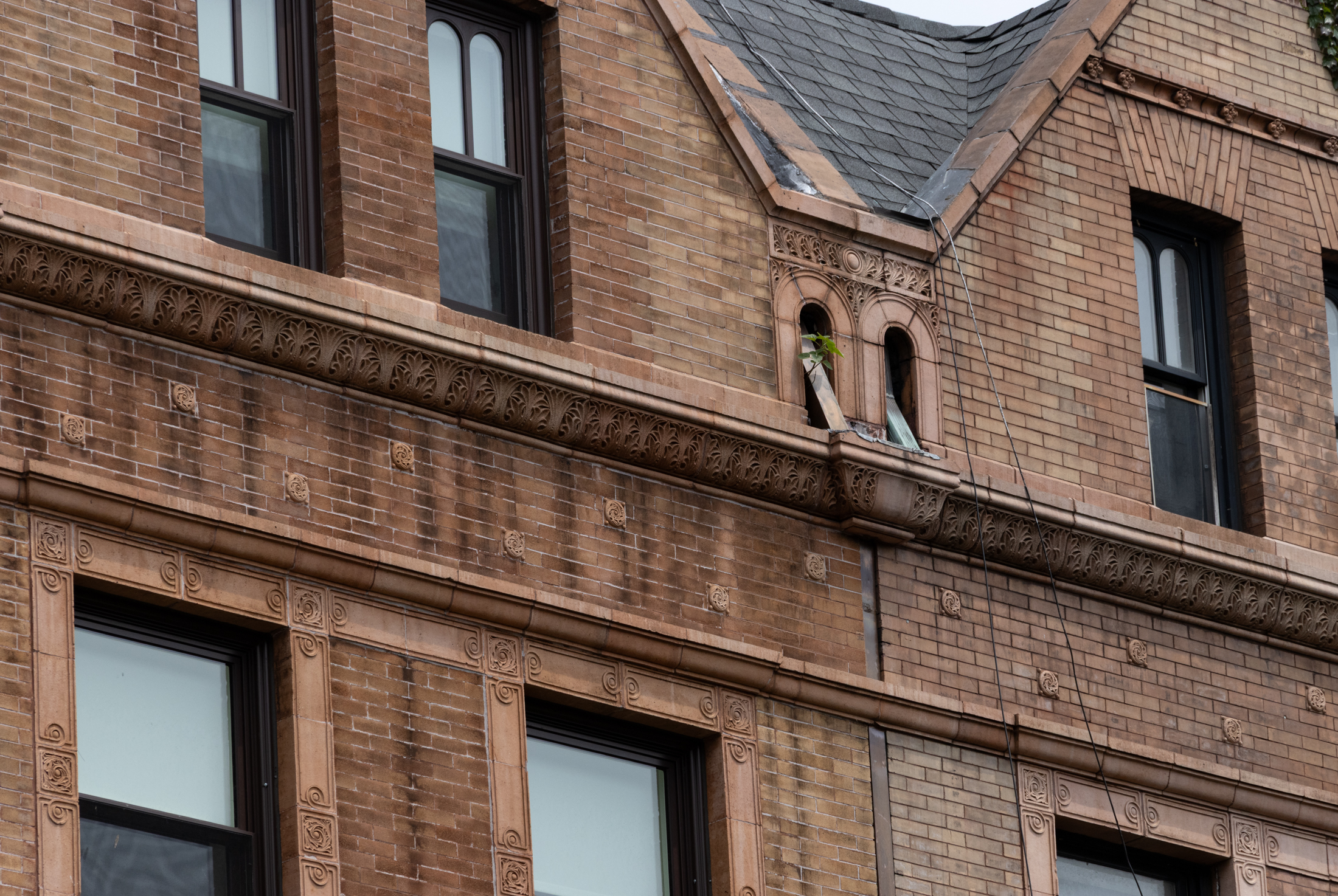Debating the Social Benefit of Home Ownership
Following our rant earlier this month, we were interested to see the article in the Sunday Times business section weighing in on the topic of the deductibility of mortgage interest: It has long been an article of faith among policymakers that homeownership produces a big beneficial spillover to society at large. In the 1920’s, Herbert…
Following our rant earlier this month, we were interested to see the article in the Sunday Times business section weighing in on the topic of the deductibility of mortgage interest:
It has long been an article of faith among policymakers that homeownership produces a big beneficial spillover to society at large. In the 1920’s, Herbert Hoover said a family that owned a home had “a more wholesome, healthful and happy atmosphere in which to bring up children.” Franklin Delano Roosevelt said that “a nation of homeowners is unconquerable.” The government’s use of tax incentives to encourage homeownership has a cost, however. The mortgage interest deduction and other subsidies will cost the government roughly $716 billion in lost taxes over the next five years, the president’s tax panel said. And the subsidy distorts incentives to invest, pulling money into housing from other parts of the economy. So, are Americans getting value for their money?
While there seems to be some agreement that home ownership is desirable, there are those that feel that we may be oversubsidizing it and that the subsidy may be having an adverse effect on inner cities where it could be widening the gap between rich and poor.
Buy a Home and Drag Society Down [NY Times]





It’s amazing how the collectivist mentality permeates many responses. There are so many aspiring central planners on this board. You all have the supposed answers that will solve “our” problems. Oh, well.
More expensive homes would not get hit as hard as medium-priced home for the simple reasons that: 1) mortgage deduction is already capped at $1 mln (many higher priced homes change hands for all-cash deals, unlike medium-priced homes that almost always have a mortgage) and 2) the govt already reduces the mortgage deduction for very high income earners (all deductions are phased out the higher in income you go).
I may not be typical, but the effects of eliminiating/capping the mortgage deduction might make me more likely to buy more house, not less.
I own a townhouse now. This is a very simplified version of my real-world numbers, but suppose my house were worth $1M, I have a $300K mortgage on it, and I’m interested in a house that’s worth $1.5M. If I sold and bought today, I’d have $700K proceeds to put down (leaving out closing costs for simplicity’s sake) and would need a $800K mortgage on the new house.
Say the tax changes bring down prices 25% acrosss the board. Now my house is worth $750K and the house I want to buy, $1.125M. With $450K proceeds, I’d now have a $675K mortgage after trading up. Granted, that mortgage would be less tax-advantaged, but I don’t think the difference would be enough to make me stay put.
Obviously the calculation depends on a lot of things, such as one’s income and tax bracket, and whether prices really do decline across the board. But however well this hypothetical works, the point is that if higher-priced homes really do decline, I’m not sure that’s an incentive to buy less house, particularly if you already have less equity. Sure, it may make better sense to put the money elsewhere as an investment, but I’m not buying my house as an investment.
JoshK: I am sort of sayin what you sayin.
If the market likes more housing and buys more housing great. If the government rewards people for buying more housing, it creates distortions, inefficiency and a currently regressive tax treatment. All of those are bad things in of themselves.
However, I also think that these larger houses, whether brownstones or exurban McMansions, generate a lot of land and energy use pressures regardless of tax treatment.
A couple of years ago Hummers, by virtue of their massive weight, were eligible for an automatic business tax deduction and me and my brownstone dwelling neighbors all wrang our hands in outrage. How could a country on the brink of war and looming energy instability, ecourage consumers to buy these vehicles?
Meanwhile tax policy, fiscal policy and, ok, consumer tastes fueled a massive housing boom that led to households using bigger, more energy intensive structures.
I certainly agree that consumers should be free to choose their house size. If they prefer a big house over a big mac they should have that choice.
I question whether tax policy should make bigger houses cheap relative to bigger hamburgers or bikes or shares of Google for that matter.
While there is significant debate over whether real estate assets are overvalued, there is almost universal agreement that we as an economy are consuming more and more housing than we have in the past. There has been growth both in absolute terms and relative to wages and consumption of other goods. Houses are getting bigger and more elaborate.
Home ownership rates have risen even as the tax treatment of mortgage interest has remained unchanged for decades. There just doesn’t seem to be a persuasive policy rationale for the current tax-favored treatment of housing purchases.
Wasn’t it JoshK, who recently mentioned something of non-productive assests (big homes) vs productive assets (businesses,……) in a different thread?
Wow. These discussons really deteriorate quickly.
I would recommend a recent Slate piece by Jason Furman, a former member of the Kerry campaign economic policy team.
http://www.slate.com/id/2130017/
He supports the 15% capped mortgage interest credit on several grounds. He discusses the tepid empirical support for spillover effects of homeownership (technically, positive externalities associated with home purchases). Furthermore, he argues that very few consumers will choose not to buy homes because of the tax change. Rather, people will tend to buy smaller homes. Sadly for the Brownstoner, this means more demand for condos and less for brownstones.
Of course, amt aside, this would increase equality. Many lower income homeowners (Furman estimates 20 million) will pay lower taxes after the credit while higher income homeowners will pay higher taxes.
Unfortunately for recent brownstone purchasers the change would lead to sharply higher taxes. Renters, on the other hand might benefit relative to owners because the interest deductions for landlords would not change.
Furman estimates a modest effect on prices in the market as a whole with the biggest impact predictably ocurring at the high end (New York, LA, SF).
Overall, I personally think buying a little less house is positive (I have lived in a porous brownstone on and off for 25 years). Many of us would never drive an SUV, yet we dream of ever bigger homes, with walls of windows, soaring ceilings, “great” rooms, jacuzzis, ensuite bathrooms and fireplaces everywhere. Hardly a recipe for sustainability.
Innocent of what? The government is the one that issues the money and guarantees it as legal tender and enforces ‘contracts’ that you get paid in the first place or you pay for item you purchase. So absolutely the government has right to claim some of this money to operate.
And ‘rights’ to tax are a legal matter and that is well-estblished in court of law so forgetabout your silly anti-tax nonsense rhetoric.
If you’re wealthy, the mortgage deduction means very little because the govt phases it out and you get hit with things like the AMT. Bubba is correct. The deduction doesn’t “cost” the govt anything because the govt does not earn money and spend it. All that they do is take money from people who earn it. If they take less, then that is not a “cost.”
As for those showing a strong bias against those earning higher incomes, by what right do you stake a claim to anybody’s income? Please be specific. For example, you may claim that the “rich” should help the “poor.” But that is not enough. That just tells us your desire. What I want to know is by what RIGHT do you impose your desires on others? By what right do you initiate force and violence against innocent people? (yes, force and violence because if you don’t pay your taxes, they will come after you and ultimately use force to either make you pay or they will throw you in jail).